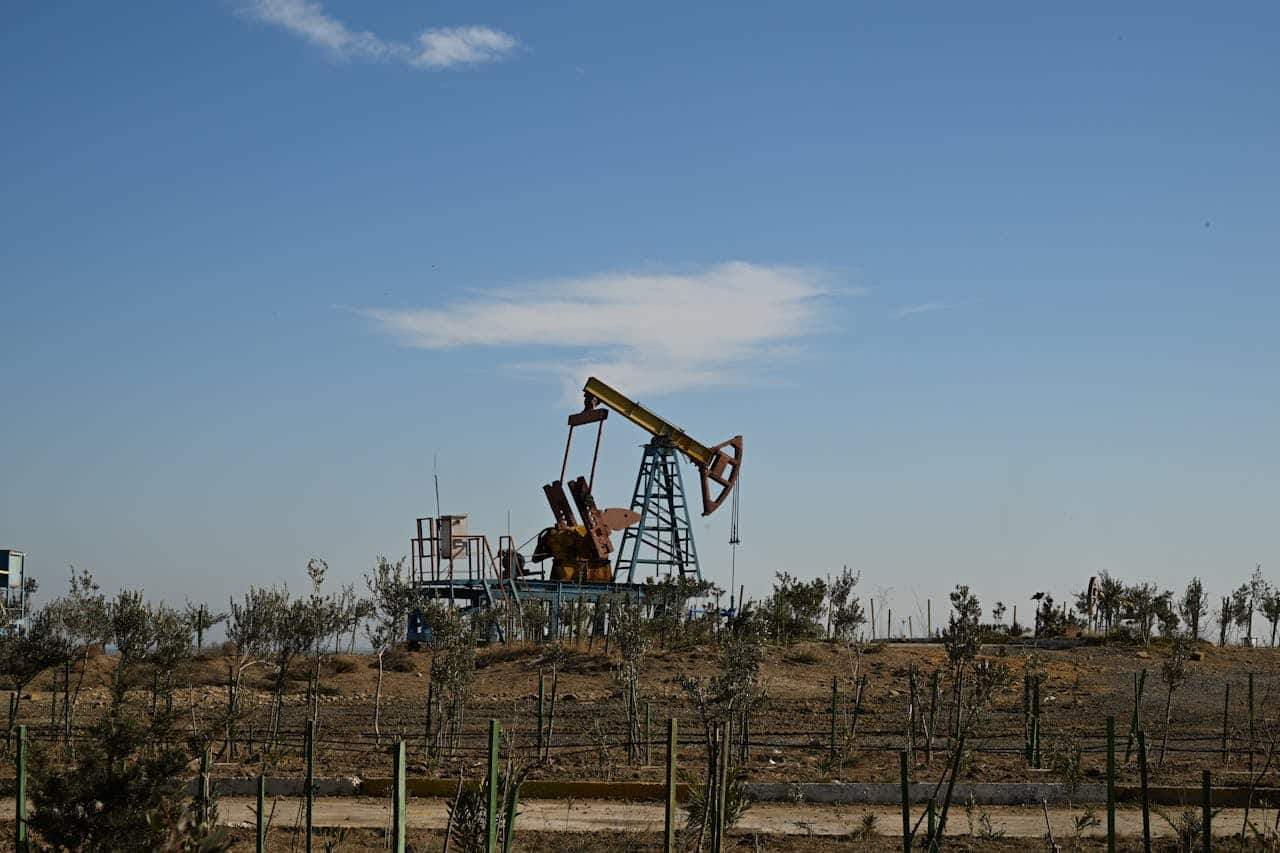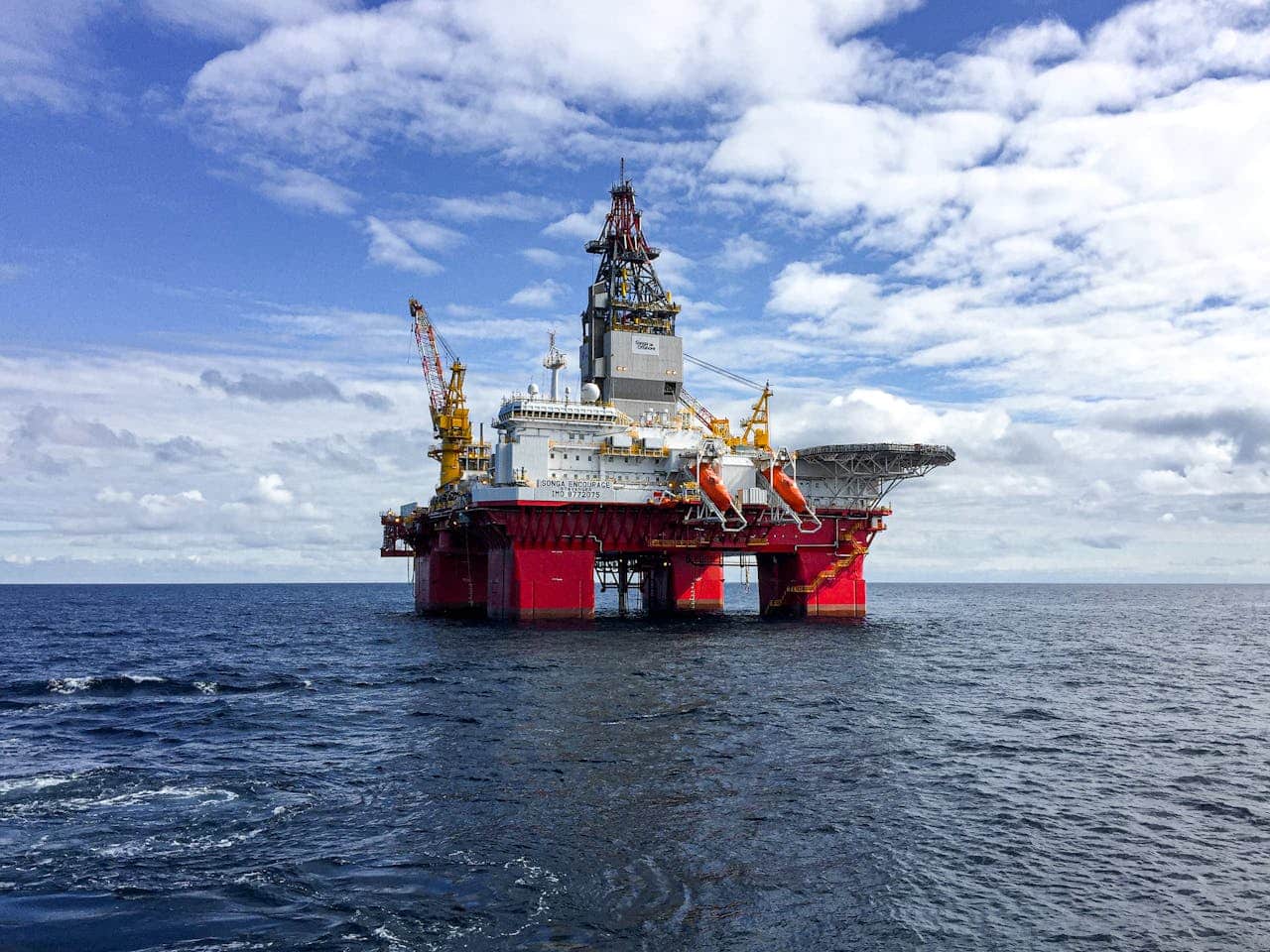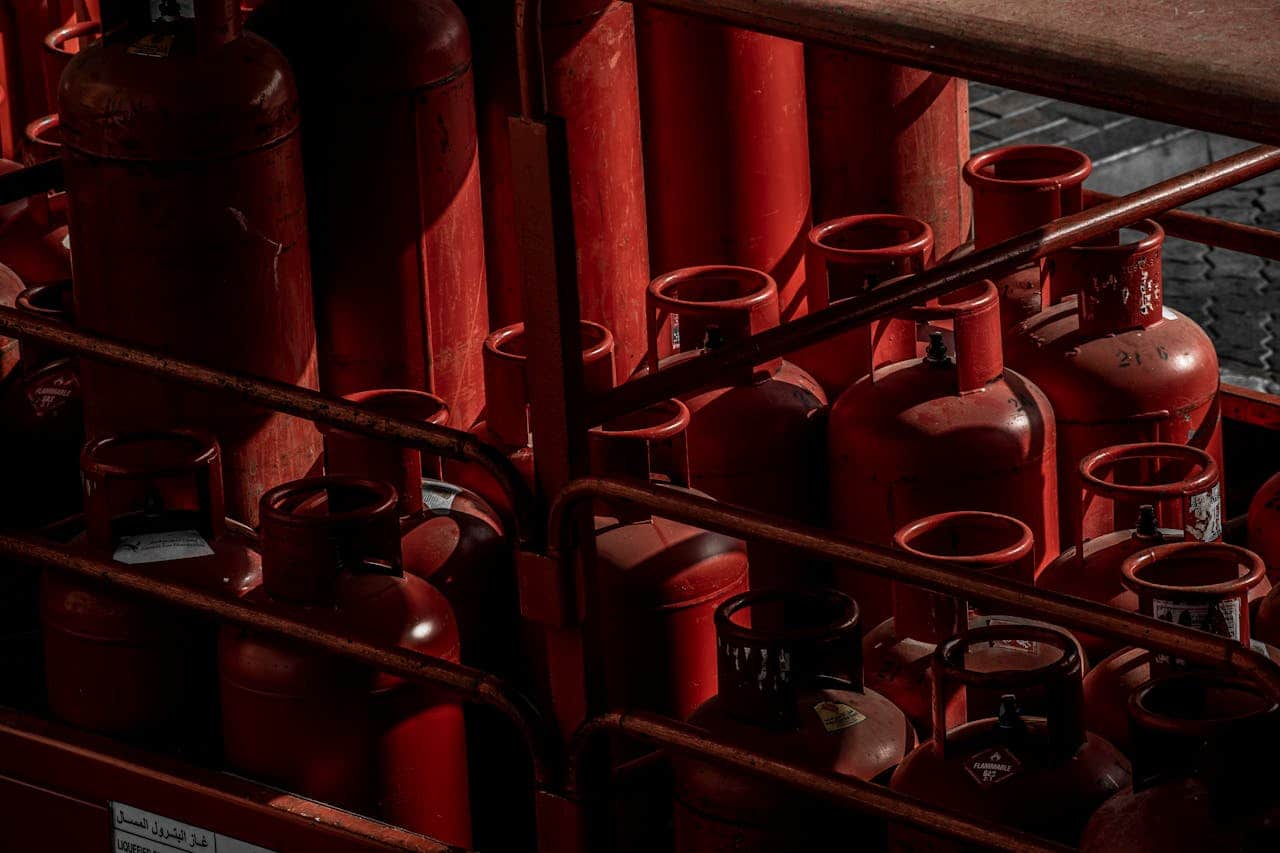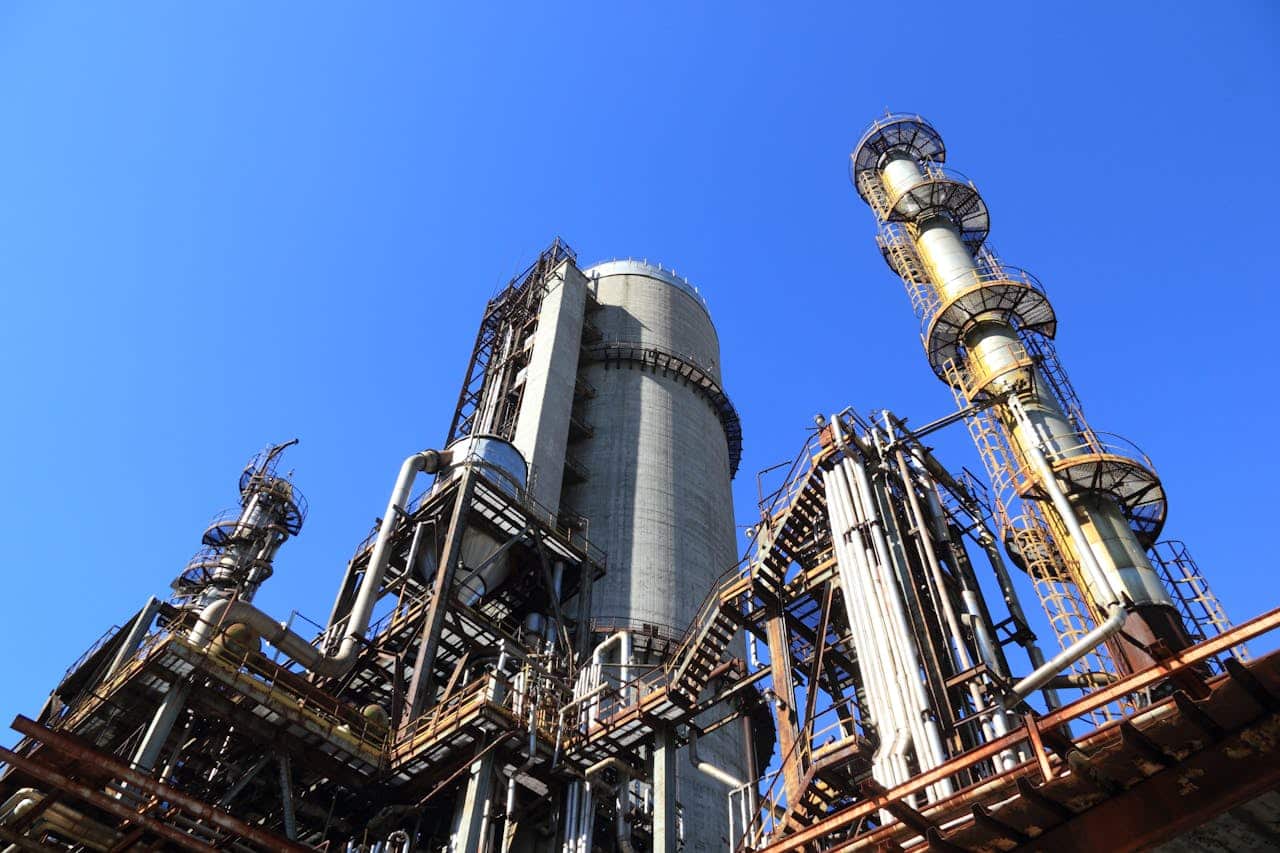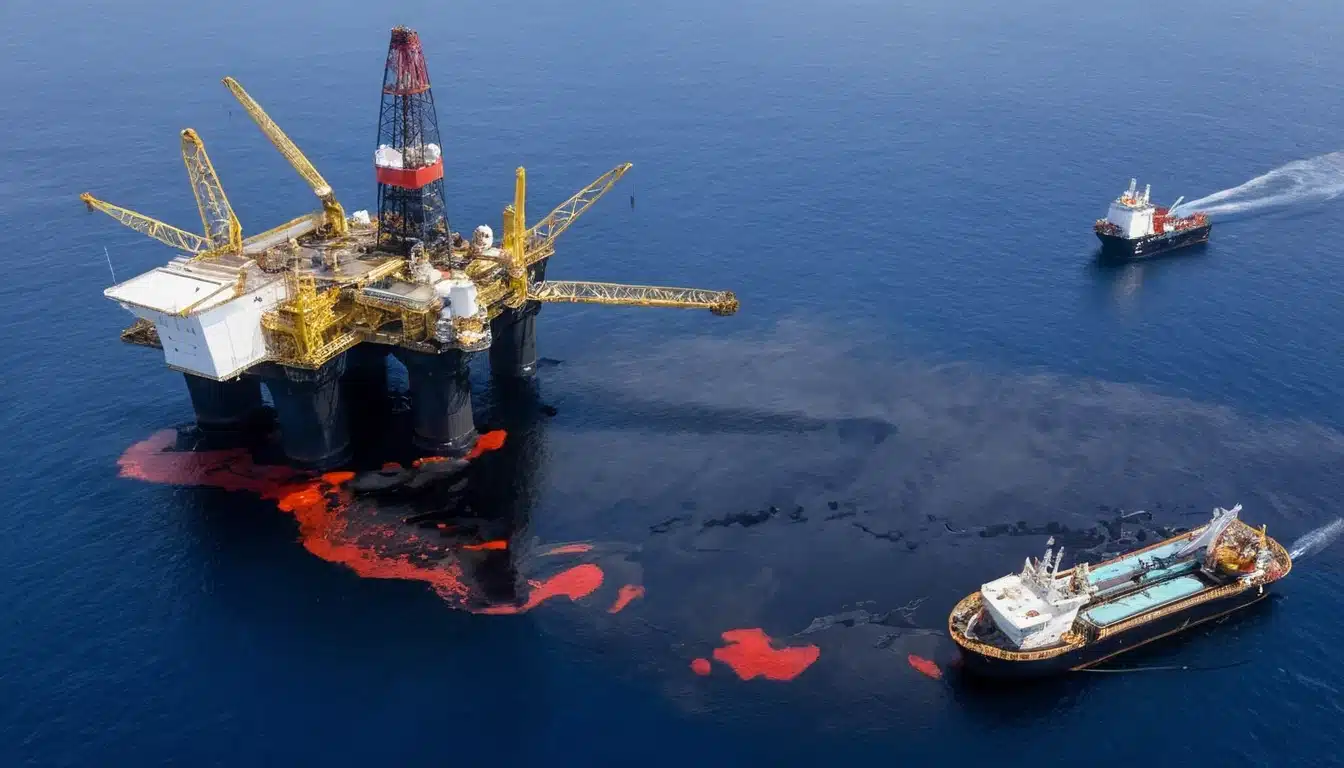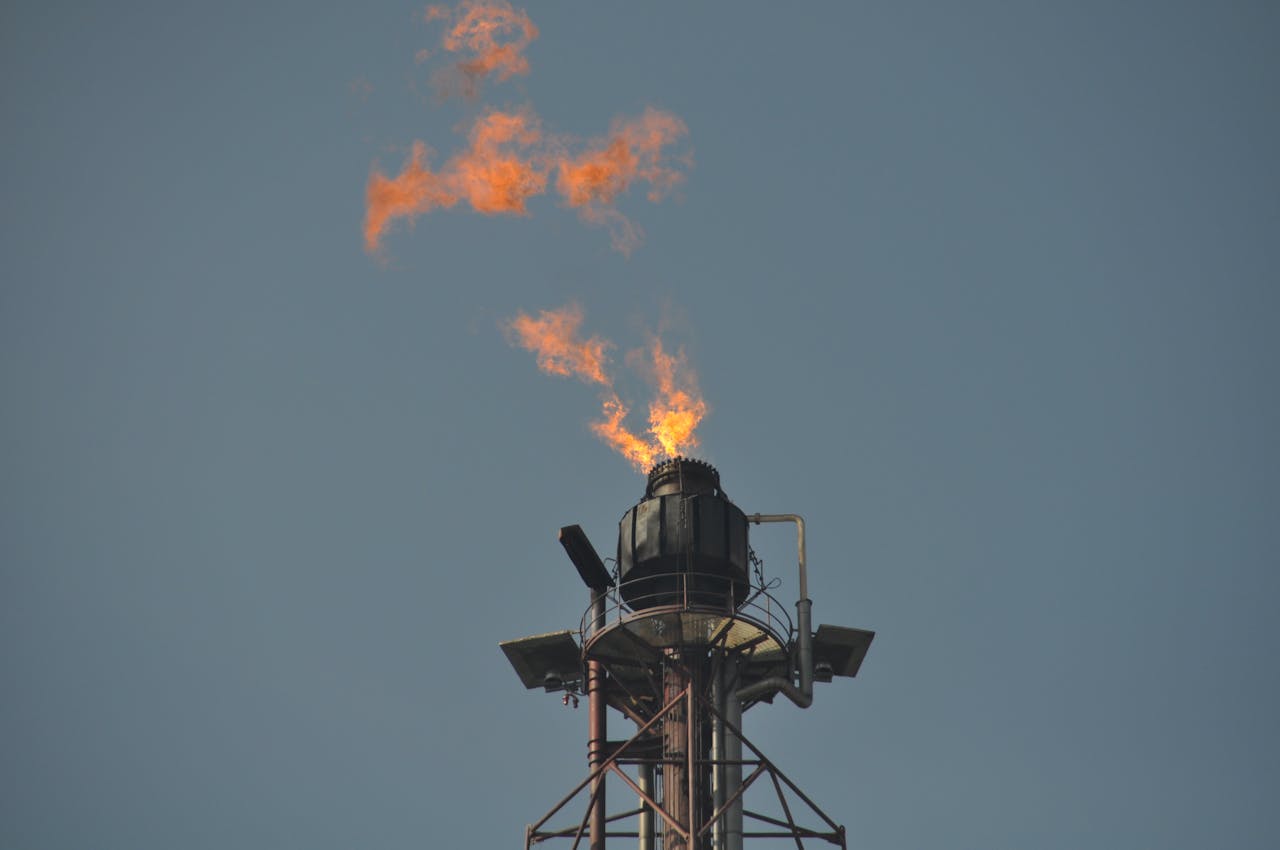Loading Master Certification for Oil, Gas and Petrochemicals
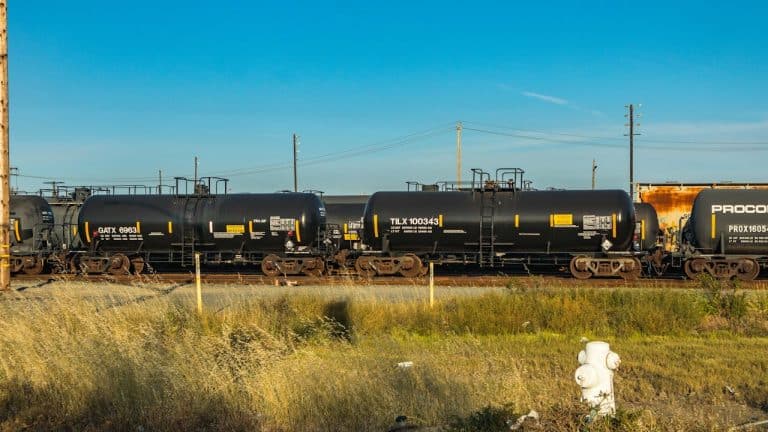
| Date | Format | Duration | Fees (USD) | Register |
|---|---|---|---|---|
| 10 Nov - 14 Nov, 2025 | Live Online | 5 Days | $3785 | Register → |
| 08 Dec - 10 Dec, 2025 | Live Online | 3 Days | $2625 | Register → |
| Date | Venue | Duration | Fees (USD) | Register |
|---|---|---|---|---|
| 12 Nov - 14 Nov, 2025 | London | 3 Days | $5075 | Register → |
| 10 Dec - 12 Dec, 2025 | Dubai | 3 Days | $4485 | Register → |
Did you know that inefficiencies in terminal operations can cost companies over $20 million annually in energy losses and delays? This compelling statistic underscores the critical importance of effective loading master practices in oil, gas, and petrochemical terminals.
Course Overview
The Loading Master Certification for Oil, Gas and Petrochemicals by Alpha Learning Centre is meticulously designed to equip professionals with essential skills in cargo loading, custody transfer, and safe mooring operations. This course focuses on risk management, emergency response, and maritime security management to ensure participants can effectively navigate the complex landscape of terminal operations and ship-shore interfaces.
Why Select This Training Course?
Selecting this Loading Master Certification offers numerous advantages for professionals involved in tanker loading, cargo operations, and terminal management. Participants will gain advanced knowledge of ISPS code compliance, ship-connected transfer systems, and mooring monitoring techniques. The course provides hands-on experience with state-of-the-art simulation tools and practical equipment demonstrations, enabling attendees to optimise their loading operations effectively.
For organisations, investing in this training enhances overall operational efficiency and reduces risks associated with cargo transfer. By ensuring that personnel are well-trained in safety protocols and management practices, organisations not only protect their assets but also build sustainable practices. Research shows that companies implementing comprehensive safety strategies can achieve significant improvements in both operational reliability and environmental compliance. For instance, Qatar’s Jetty Boil-Off Gas Recovery Facility achieved a 90% overall flaring reduction in LNG loading operations, demonstrating the impact of advanced technologies and proper training.
Individuals who complete this course will benefit from enhanced career prospects as they become more valuable assets in their respective fields. The skills acquired through this training can lead to professional growth and increased responsibilities within their organisations. Studies indicate that with advanced loading master techniques, terminals can achieve substantial improvements in operational efficiency and safety. For example, the prompt response to an oil spill incident at Mangalore Refinery and Petrochemicals Limited (MRPL) in 2018 highlighted the importance of well-trained personnel in averting major financial losses and environmental damage.
Transform your loading master capabilities – Register now for this critical advanced training programme.
Who is this Training Course for?
This course is suitable for:
- Marine and terminal operations personnel.
- Supervisors and managers in cargo handling.
- Safety and environmental compliance officers.
- Individuals looking to specialise in oil, gas, or petrochemical logistics.
- Shipping and logistics professionals aiming for career advancement.
What are the Training Goals?
The objectives of this training course are to enable professionals to:
- To master the operational intricacies of cargo loading and unloading.
- To ensure compliance with international safety and environmental standards.
- To leverage technology for safer and more efficient cargo management.
- To develop leadership and decision-making skills in complex operational scenarios.
How will this Training Course be Presented?
The Loading Master Certification Course employs a comprehensive and innovative approach to ensure maximum knowledge retention and skill development. Expert-led instruction from seasoned industry professionals forms the core of the course, providing up-to-date insights into modern loading technologies and practical applications for today’s oil, gas, and petrochemical sectors.
The course utilises a blend of theoretical lectures and practical applications, allowing participants to apply their knowledge to realistic scenarios. Advanced educational methodologies create a personalised and engaging learning journey through:
- Interactive webinars with seasoned Loading Masters
- Practical workshops simulating real-world scenarios
- Live demonstrations of loading technology
- Collaborative learning projects for practical application
- Access to an extensive digital library for ongoing learning
Join us now and elevate your loading master expertise to new heights!
Course Syllabus
Module 1: Cargo Handling Operations
- Principles of cargo transfer in oil, gas, and petrochemicals.
- Types of cargo and their specific handling requirements.
- Loading arm operations and safety protocols.
- Mooring and berthing procedures.
- Vessel compatibility assessments.
- Ballast water management and its regulations.
- Monitoring cargo during transfer.
- Managing cargo documentation and records.
- Emergency response during cargo operations.
- Techniques for minimising cargo loss.
- Understanding cargo quality control.
- Use of technology for cargo integrity checks.
Module 2: Safety Management Systems
- Safety culture in marine loading operations.
- Hazard identification and risk assessment in cargo handling.
- Fire safety and explosion prevention measures.
- Personal protective equipment for loading operations.
- Emergency shutdown systems.
- Safety in confined spaces and gas-freeing operations.
- Lockout/Tagout procedures during maintenance.
- Safety audits and compliance checks.
- Incident reporting and investigation.
- Training for emergency response teams.
Module 3: Environmental Compliance
- Environmental regulations affecting cargo operations.
- Spill prevention and response strategies.
- Management of volatile organic compounds (VOCs).
- Waste management in loading operations.
- Ballast water treatment and compliance.
- Air emissions control during loading.
- Noise and vibration control measures.
- Documenting environmental performance.
- Integration of green practices in cargo handling.
- Monitoring and reporting environmental impact.
Module 4: Terminal Operations and Infrastructure
- Terminal design for efficient cargo handling.
- Layout optimisation for safety and efficiency.
- Storage tank operations and safety considerations.
- Jetty and dock management.
- Pipeline system operations and maintenance.
- Valve and manifold systems for cargo transfer.
- Automation in terminal operations.
- Security systems for terminal facilities.
- Coordination between ship and terminal personnel.
- Maintenance scheduling for terminal equipment.
- Access control systems.
- Emergency support infrastructure.
Module 5: Marine and Terminal Communications
- Effective communication protocols for loading operations.
- Ship-shore safety checklists.
- Use of modern communication tools in operations.
- Conflict resolution in ship-terminal interactions.
- Interpreting maritime signals and codes.
- Documentation for cargo transfer agreements.
- Coordination with port authorities.
- Managing language barriers in international operations.
- Emergency communication procedures.
- Record-keeping for operational efficiency.
Module 6: Loading Technology and Automation
- IoT for real-time monitoring of cargo operations.
- Automation in loading arm control systems.
- Digital tools for cargo measurement and quality assurance.
- Use of drones for inspections and surveillance.
- AI in predictive maintenance for loading equipment.
- Data analytics for operational optimisation.
- Cybersecurity in marine operations.
- Remote operation capabilities for loading.
- Virtual reality for training in cargo handling.
- Integration of smart sensors in terminal management.
Module 7: Regulatory Frameworks
- International Maritime Organization (IMO) regulations.
- Compliance with ISGOTT (International Safety Guide for Oil Tankers and Terminals).
- MARPOL (Marine Pollution) conventions.
- OSHA and local safety standards.
- Port State Control requirements.
- Customs and excise regulations for cargo.
- Legal aspects of cargo documentation.
- Insurance and liability in cargo operations.
- Continuous regulatory updates and adaptation.
- Auditing for compliance.
Module 8: Leadership in Loading Operations
- Leadership styles effective in high-risk environments.
- Decision-making under pressure during loading.
- Team management and motivation in operations.
- Conflict management among loading teams.
- Ethical leadership in cargo operations.
- Cultivating a safety-first mindset.
- Strategic planning for loading operations.
- Change management in operational practices.
- Mentorship for new loading masters.
- Continuous professional development.
Module 9: Operational Efficiency
- Lean principles applied to loading operations.
- Time management during cargo transfer.
- Resource allocation for optimal performance.
- Reducing turnaround times at terminals.
- Performance metrics for loading operations.
- Streamlining communication for efficiency.
- Cost-benefit analysis of operational changes.
- Optimising cargo flow and logistics.
- Reducing environmental footprint through efficiency.
- Balancing speed with safety in operations.
Module 10: Cargo Quality Assurance
- Techniques for cargo sampling and testing.
- Quality control from receipt to delivery.
- Maintaining cargo integrity during transit.
- Calibration of measuring equipment.
- Adherence to industry quality standards.
- Managing contamination risks.
- Procedures for handling off-spec cargo.
- Record-keeping for quality assurance.
- Training on cargo quality procedures.
- Continuous improvement in quality management.
Training Impact
The impact of loading master training is evident through various real-world case studies and data, which demonstrate the effectiveness of structured programmes in enhancing operational efficiency and reducing risks.
Research indicates that organisations implementing structured loading master training programmes have demonstrated measurable benefits in both operational performance and cost reduction. A case study from Qatar’s Jetty Boil-Off Gas Recovery Facility showed that implementing advanced technologies and proper training led to a 90% reduction in flaring during LNG loading operations, significantly improving efficiency and environmental performance.
These case studies highlight the tangible benefits of implementing advanced loading master techniques:
- Improved operational efficiency through advanced process control
- Reduced environmental impact and improved safety measures
- Increased compliance with international maritime regulations
- Strengthened emergency response capabilities for terminal operations
By investing in this advanced training, organisations can expect to see:
- Significant improvement in loading operation performance indicators
- Improved ability to handle complex cargo transfer challenges
- Enhanced decision-making capabilities in risk management
- Increased competitiveness through comprehensive loading master strategies
Transform your career and organisational performance – Enrol now to master Loading Master practices for Oil, Gas, and Petrochemicals!

